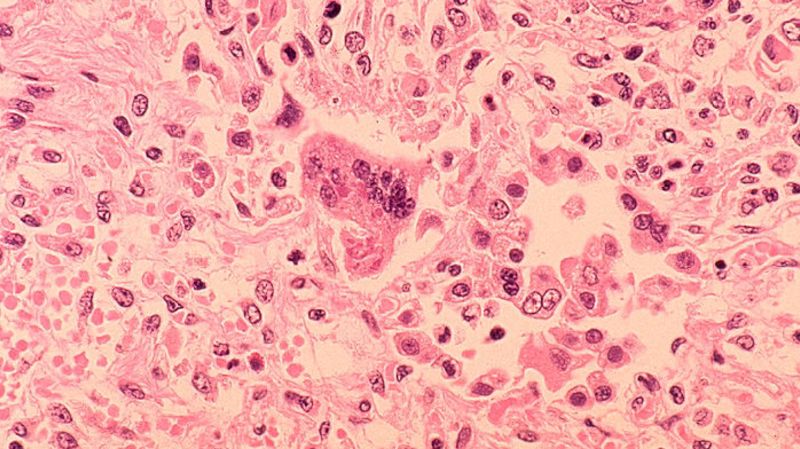Vital Health Data Vanishes: Trump-Era Budget Cuts Erase Key Disease Tracking Programs

Alarming cuts to U.S. government funding have resulted in the quiet dismantling of over a dozen crucial health-tracking programs, potentially jeopardizing public health surveillance and future pandemic preparedness. These programs, which meticulously gathered data on deaths, diseases, and other vital health indicators, have largely disappeared in the wake of layoffs and proposed budget cuts initiated during the Trump administration.
The scope of the losses is significant. Affected programs included those monitoring infectious diseases like Lyme disease and Zika virus, tracking opioid overdose deaths, and analyzing chronic conditions like diabetes and heart disease. The data collected by these programs provided invaluable insights for public health officials, researchers, and policymakers, informing prevention strategies, resource allocation, and ultimately, saving lives.
Why Did This Happen? The cuts were part of a broader effort to reduce government spending and streamline operations. While proponents argued for efficiency, critics warned of the potential consequences for public health. The rationale often centered on questions of data redundancy and the cost-effectiveness of these programs, with some arguing that the information could be obtained from other sources. However, the unique and comprehensive nature of these government-run initiatives provided a level of detail and consistency that is difficult to replicate.
The Impact: A Blind Spot for Public Health The elimination of these programs has created a significant blind spot for public health officials. Without access to this data, it becomes more difficult to:
- Identify and respond to emerging health threats: Early detection of disease outbreaks is crucial for effective containment.
- Track the prevalence of chronic diseases: Understanding trends in chronic conditions is essential for developing targeted prevention programs.
- Evaluate the effectiveness of public health interventions: Data-driven decision-making is key to optimizing resource allocation and maximizing impact.
- Prepare for future pandemics: The COVID-19 pandemic highlighted the importance of robust public health surveillance systems. Losing these programs weakens our ability to anticipate and respond to future crises.
Beyond the Immediate Losses The disappearance of these programs isn't just about the data itself. It represents a loss of expertise and institutional knowledge. The skilled epidemiologists, data analysts, and public health professionals who staffed these programs have largely dispersed, making it even more challenging to rebuild these capabilities in the future.
A Call for Restoration Public health experts are urging policymakers to recognize the critical importance of these programs and to restore funding for data-gathering initiatives. Investing in public health surveillance is not just a matter of protecting individual health; it's an investment in national security and economic stability. The lessons learned from the COVID-19 pandemic should serve as a stark reminder of the vital role that data plays in safeguarding the health and well-being of the nation.
The long-term consequences of these cuts remain to be seen, but the initial impact is clear: a weakened public health infrastructure and a diminished ability to protect Americans from preventable diseases and health threats.





